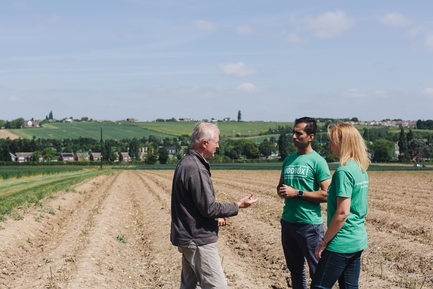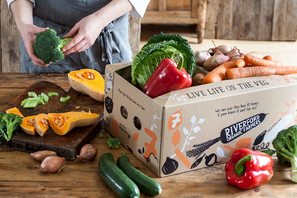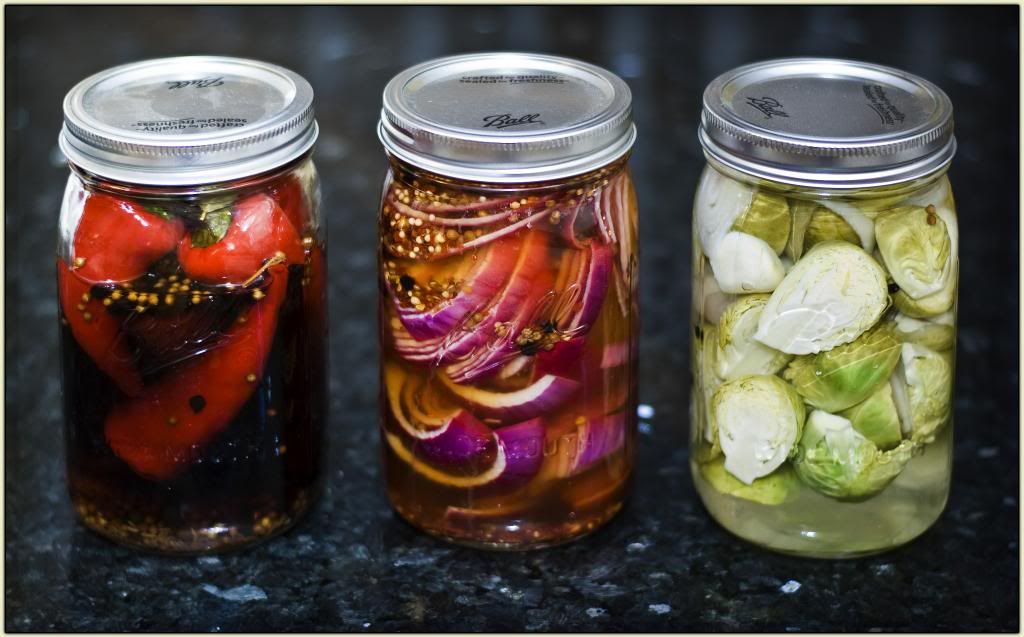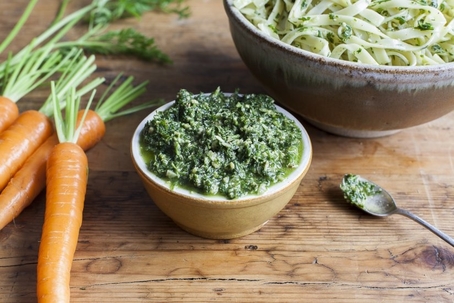With World Food Day being marked on 16th October, it’s the perfect time to not only consider the environmental impact of the food we eat, but to take measures to curb our waste.
Cruelty Free Beauty
- 4 signs you have low iron levels
- Zero Waste Beauty: Adopt a green routine with these sustainable products
- This eco-friendly beauty box is packed with refillable multi-taskers
- “I find myself using it even when I don’t need to!”
- Arctic-inspired natural skincare brand launches in the UK
- Green People launches beauty balm packaged in 100% biodegradable pot
- Lush launches same-day delivery service for its iconic handmade cosmetics
- “This cruelty-free tanning water gave me the confidence boost I needed”
- rho launches sustainable loungewear that gives back
- Rose & Caramel Raises Awareness For Women’s Self-Esteem & Mental Health With ‘I TAN FOR ME’ Campaign
- Couple launches entirely plant-based and refillable deodorant on Kickstarter
- View all
Eco Living
- Simple Hacks to Cut Your Food Waste with Gino D’Acampo
- Five Easy Ways to Reduce Food Waste
- Eat these foods to boost your mood
- Upgrade Your Cheese Toastie
- Have a healthy Christmas with these festive food swaps
- Omega-3 Health Benefits
- 5 minutes with Max La Manna
- A nutritionist’s guide to eating for healthy joints
- Easy ways to achieve your health goals
- Discover the benefits of raisins on a vegetarian diet
- Improve your gut health with California Raisins
- View all
Vegan Recipes
- Quorn Vegan Hot & Spicy Burger with Pink Slaw
- Tomato and Pumpkin Soup
- Pea and elderflower cocktail
- Matcha Coconut Ice Cream
- Vegan Lemon Bars
- Mango Salad with Thai Dressing
- Garden Gimlet
- Tofu & Green Beans Teriyaki
- Cornflakes Bombay
- Rainbow Pickle
- Soba noodles with kale and collards
- View all
Popular recipes
- Spinach and ricotta quiche vegetarian recipe
- Cheats mushroom and spinach lasagne vegetarian recipe
- Lentil bolognese vegetarian recipe
- Creamy mushroom stroganoff vegetarian recipe
- Malaysian Rendang curry vegetarian recipe
- Feta, Butternut Squash, Caramelised Onion and Cashew Nut Wellingtons
News
- Oddbox is delivering its fruit and veg boxes again
- New vegan ‘smoked salmon’ offers plant-based alternative to fish
- This new vegan pie is all about sharing
- New sustainable fashion brand launches vegan bags in the UK
- Omega-3 Health Benefits
- Selfridges to launch repair and resell services
- Your coronavirus mask could support vulnerable communities in Madagascar
- ProVeg Launches Veggie Challenge App for Plant-Based Lifestyle
- Refillable delivery service bikes eco-brands to London consumers
- Plastic Petition pushes for greater transparency in UK recycling system
- New Veggie Snacks Help Raise Awareness Around Issues of Food Waste
- View all
Globally, one-third of food produced is lost or wasted each year. The total amount of surplus and food waste is 3.6 million tonnes at farm level; furthermore, this wasted food would be worth around £1.2 billion at market value if it had been sold.
This year’s World Food Day is being held under the themes of healthy eating and zero hunger. As such, people are being encouraged to make healthy choices when it comes to their diet, and to reduce their ‘food print’.

So, what can you do to make a difference? Well, first of all, let’s clarify what a food print is. From your breakfast to favourite burger, every meal you eat has an impact on the environment, the welfare of animals, industry workers and public health. Your food print is essentially the result of everything it takes to get the ingredients in that meal from the farm (or factory!) to your plate. We don’t always consider these elements when we’re out doing the food shop, dining out, or cooking at home, but each step of the production process has a huge impact on our soil, air, water, people, and communities.
A great place to start to reduce your food print is to avoid buying foods with excessive amounts of packaging. If you don’t have a zero-waste store near you where you can top-up your own containers at a refill station, then try to scope out your nearest farmer’s market. Take along your own reusable shopping bags where you can fill up on loose vegetables. Don’t have access to a farmer’s market? Many supermarkets stock loose produce, too. Plus, the more consumers there are that ask about package-free foods, the more likely they are to reassess this in the future.

Another great way of reducing your food print is to eat with the seasons. By adding locally grown, seasonal foods to your diet, you can support biodiversity and also reduce carbon emissions as your food won’t have travelled so far to get to you. Companies like Riverford offer seasonal produce that’s delivered straight to your door. You can select a fruit and/or veg box packed with weekly produce, or create your own box. Oddbox is another great option, working directly with farmers to save delicious but wonky fruit and veg from going to waste.

If you’re an avid cook (like us!), then rethinking the way you look at food could help cut down on waste, too. A lot of fruit that looks like it’s about to go off can still be eaten, whether popped in a smoothie or gently warmed up into a compote. Carrot and beetroot leaves have plenty of flavour and can be used to make delicious dishes like this Carrot Top Pesto, while excess veg like radishes, chilli, and onions can be pickled to preserve them. Even the liquid from a tin of chickpeas can be made into something delicious like vegan meringues!

While a lot of food is wasted at the source (a shocking 20%-40% of produce is wasted in the UK before it even leaves farms), households are also a culprit. If you feel that you’re wasting too much food – perhaps you tend to over-buy and it’s going off before you have time to cook with it – then there are simple steps that you can take. Ensure that you are storing food properly so that it stays fresh, make the most of your freezer, and get creative with your leftovers!
Many businesses are also doing their part, so you can help support them while fighting food waste at the same time. Apps like Too Good To Go help you find nearby meals for a fraction of the price. The restaurant-quality bundles are made up of plates and products that would otherwise go to waste. Hitting closer to home, OLIO connects neighbours so that you can share food that you might not want, plus it’s completely free.
Finally, talking to others is a great way of creating change! By sharing your knowledge, you can help spread a respect for food, plus you may even kickstart a healthy debate that can help bring about more change among your friends, family, and the wider community.
More from Vegetarian blog

Our 100th issue is totally dedicated to you, our loyal readers, so curl up on the sofa for a little me time accompanied by our soothing words and veggie treats!

Half way through the Veganuary challenge and deputy editor, Sophie, has a confession to make...

It's been one week since our very own deputy editor, Sophie, took up the Veganuary challenge. Find out how she's getting on...

Our healthy special has everything you need to kick start your new year with the best intentions. From diet, to exercise and sleep - we’ve got you covered. It’s on sale until the 26th of January, so grab your copy while you still can!

With 1% of the British population now following a strict vegan diet, Veggie's deputy editor Sophie Rae is taking on the Veganuary challenge this month to find out more...





